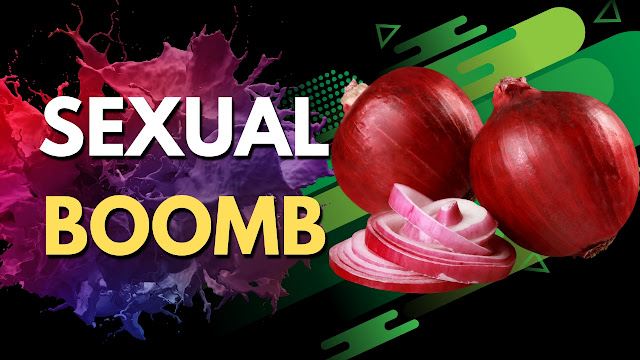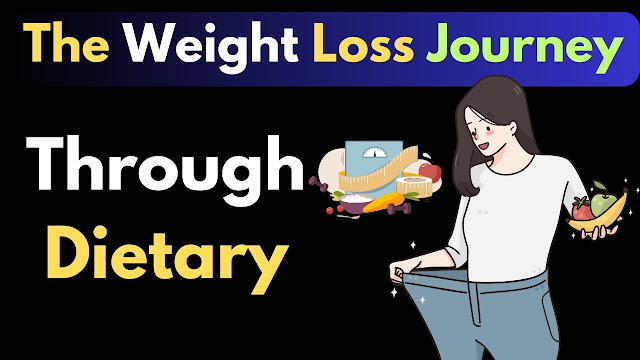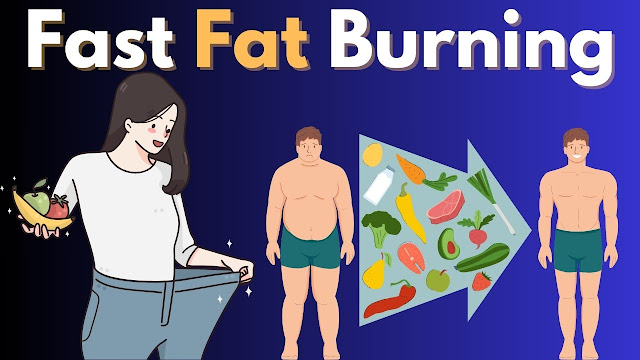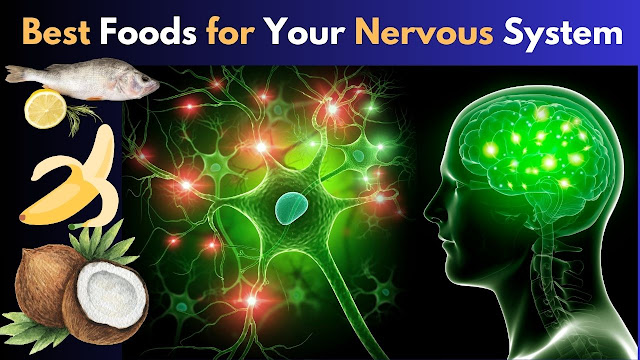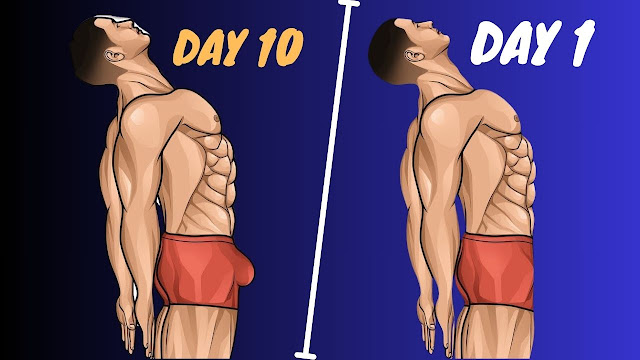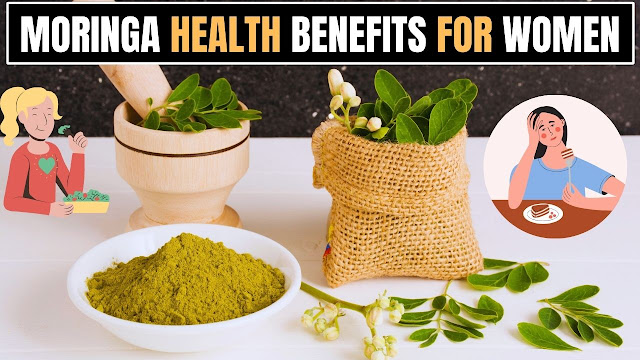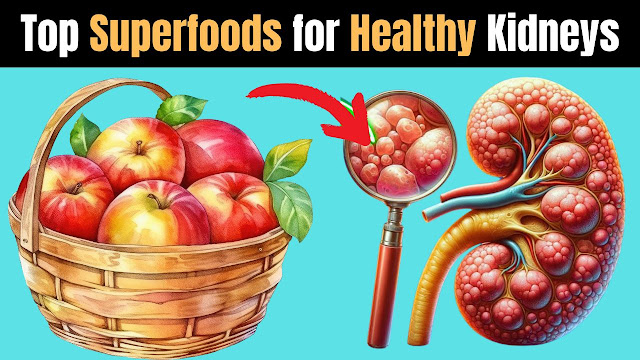Best Diet & Health Tips
May 19, 2024
The Surprising Benefits of Onions for Your Sexual Health
The Surprising Benefits of Onions for Your Sexual Health
The Surprising Benefits of Onions for Your Sexual Health
Are you aware that our favorite and sometimes quite expensive ingredient, onion, is easily available in every household and has many benefits, including for your sexual life? You might think, "I didn't know that!" Today, I'm going to explain how you can benefit from onions and how they can enhance your sexual life. Let's get started! Hi, I'm Dr. , and I am a sexologist. I have been practicing for many years, and today I will share the benefits of onions. Watch the video till the end because you won't want to miss this. If you are new to the channel, please subscribe so you can receive more information on such fruits and vegetables.
So, let's talk about onions.
Onions are beneficial for your heart health. They help keep your heart strong because they improve blood flow, which can prevent clots in your veins. They also significantly reduce your cholesterol levels. If you have high cholesterol, it can hinder your performance because high cholesterol negatively affects your sex drive. If you search about onions on Google, you’ll find that the top result will tell you that onions keep your penis hard.
Onions increase testosterone levels, and when you mix onions with garlic, which we often use in cooking, it can enhance your sex drive even more.
Now, you might be wondering how to consume onions. Firstly, onion juice. Though it may taste bitter, if you soak onions in a little water and then make juice out of them, it can be beneficial. You can also add a bit of garlic to the juice or buy pre-made onion juice from the market. Onion juice is also great for your hair. Applying onion juice to your scalp can have beneficial effects. If you find the taste unpleasant, don't worry; you can make an onion salad. Slice onions into rings or long pieces, add a little salt to make it tasty, and eat them as a salad. You can also include onions in your vegetables, salads, and other dishes.
This doesn't mean you should eat onions all day, but do include them in your diet daily as they are also rich in iron. I hope my video has cleared your doubts. Besides these benefits, I will discuss more in the upcoming series. If you are new to the channel, please subscribe and stay tuned for more such videos.
